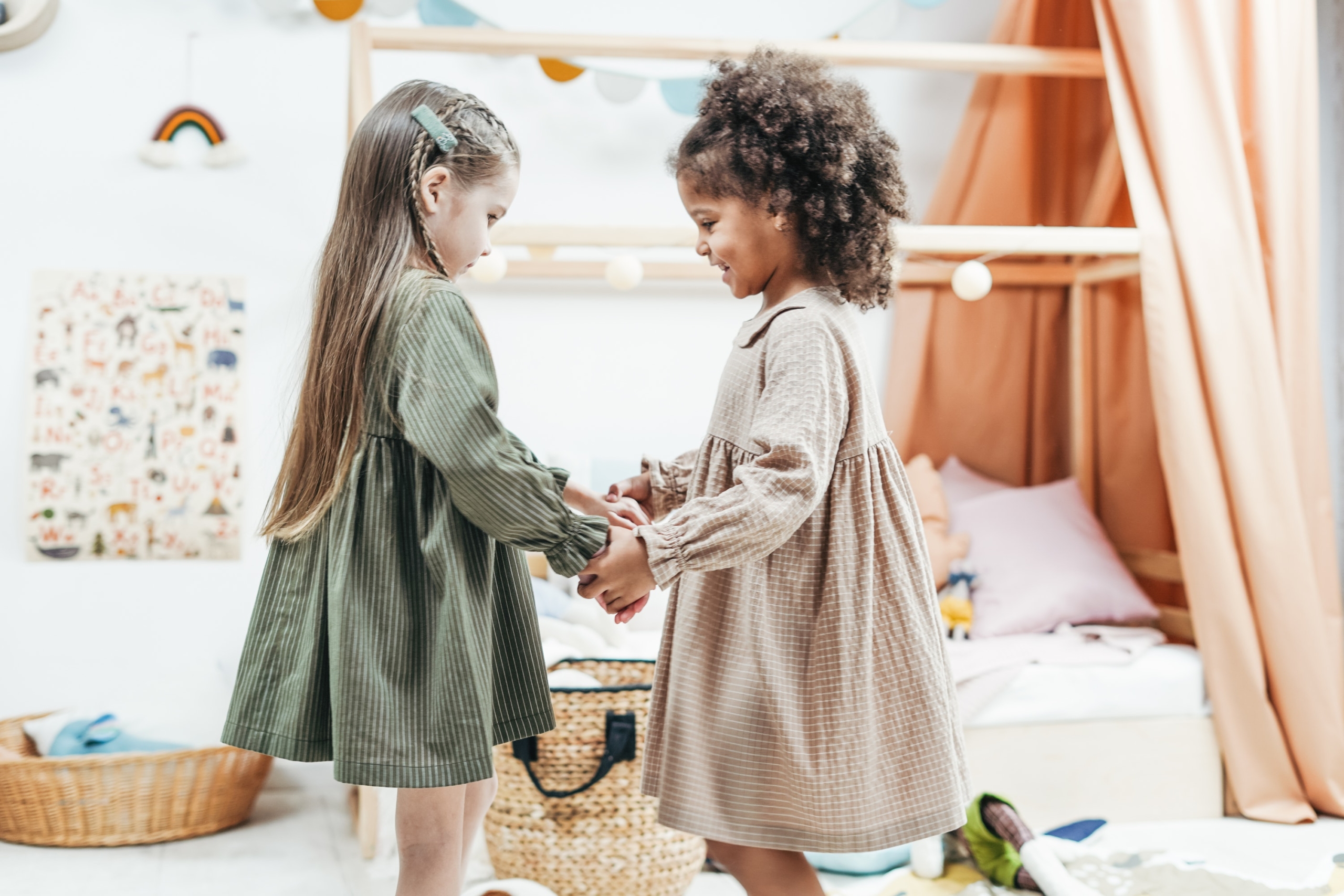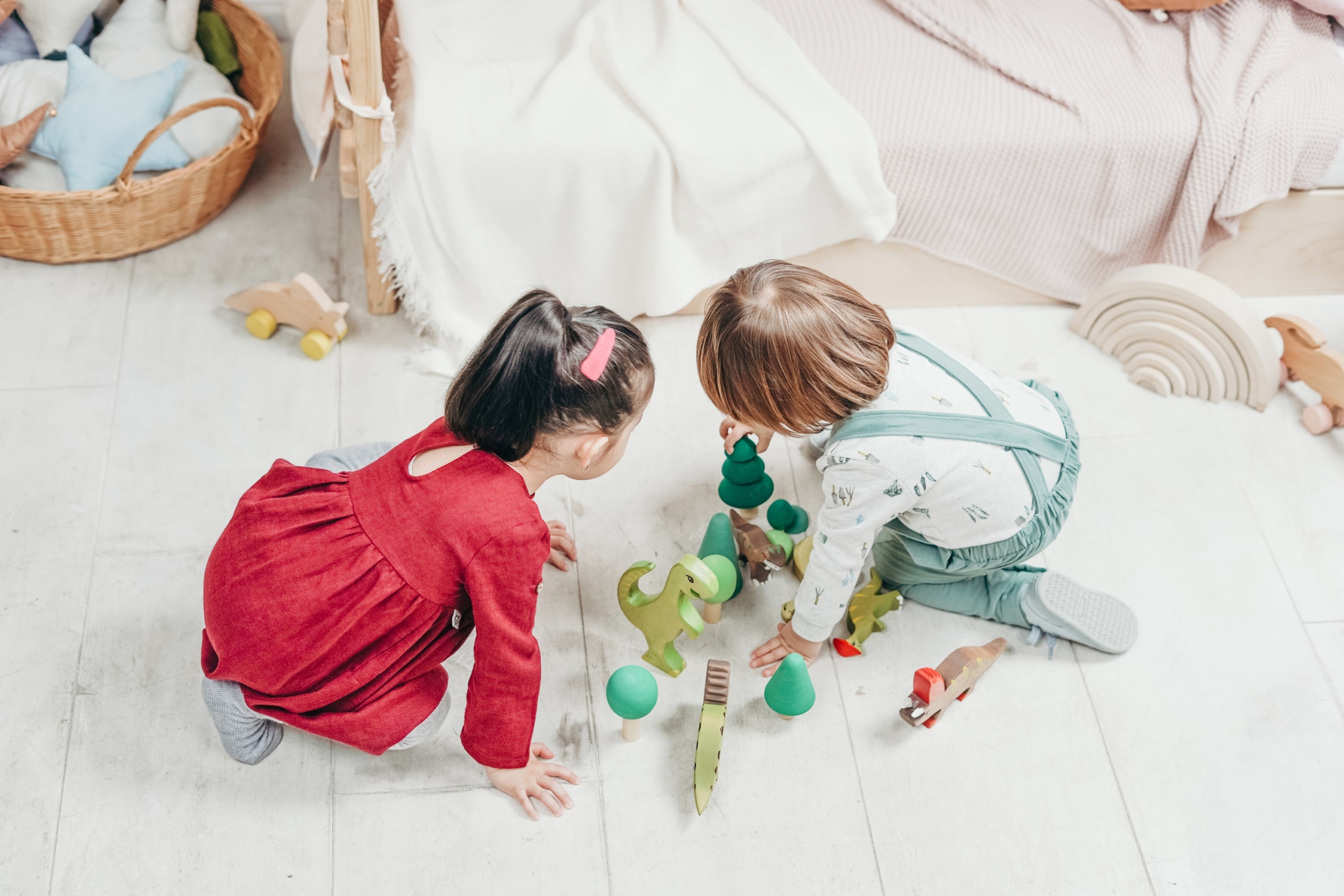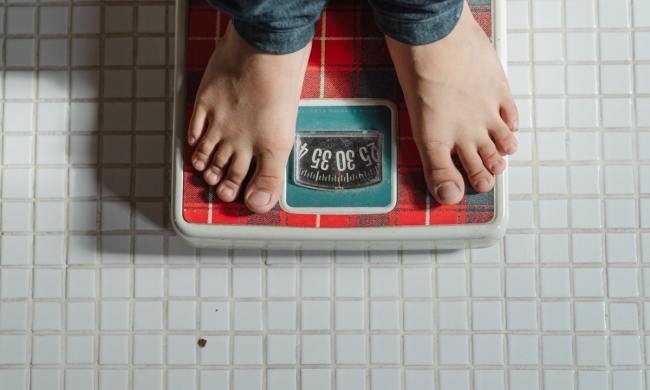
At some point, as your child grows, you are sure to either feel the need to host or be asked to a playdate. When they go well, they are a great way for your child to grow socially and learn valuable lessons. However, if the playdate is a flop, it may be a long time before you’ll want to try again. Although there may be no guarantees, there are some ways to boost the chances of success. Here, we lay out the groundwork for optimal playdate outcomes.
Choose a friend
Perhaps the most important element is deciding who would be a good match for your child. Remember, just because you click with a certain parent doesn’t mean your child will click with theirs. Talk to your child about who they want to invite over. Ask them about which classmates they play with at daycare or school. A great way to get insight into this is by volunteering in your child’s class—this way, you can see them in their element and get to know some of the children around them. Outside of school or daycare, pay attention to who they spend time with on the playground or at the park. Look for children who are kind and have the same interests as your child.
Make the date
Since often children can’t arrange the time and place, you’ll be the one to schedule your child’s playdate. Naturally, it is you who must reach out to the other parent. Just like in any friendship, taking this step is sometimes the hardest part. It is a good idea to have your child make a list of a few friends just in case a parent says no. Depending on the age and how comfortable the child is with playdates, you may want to invite the parent along. As for time, start short, maybe an hour or so, and work up to longer periods. Better to have them wanting more than having a child crying to go home.
For the first playdate, keep it to one friend at a time and build up to groups of three or more. This includes siblings, as having them join in can introduce jealousy or someone feeling left out. As best you can, keep brothers or sisters occupied while the playdate is going on.
As your child becomes savvier with having playdates, they may want to ask a friend themselves. Even so, role play with them, especially if it is someone new, so you can prepare them if the other child says no. Just remember, this all builds relationship skills and prepares them as they become more independent.

Get them ready
Playdates can happen anywhere—in the park, at home, or somewhere the children can engage in a fun activity. Wherever you have it, this is the ideal time to stress to your child they are the host, so being polite is important. Remind them if their friend has not had many playdates, they may be nervous, and it is their job to make them feel welcome. Talk about what will happen if the friend wants to play something different than they do. A good solution is offering a compromise—the friend can choose the first game, and then they can play the one your child wants to.
It may be best to make a plan ahead of time for the first few times. A craft project, a special game, and a favorite snack (make sure you check with the parent on any allergies). Think about it the way you would if you were hosting a friend. This is your child’s chance to learn how not just to play but entertain.
If your child is nervous, they may be most comfortable in their own home. Being in their own space may give them more confidence. However, if they have any special items or toys they are very attached to, it may be a good idea to put them away for the playdate.
Having a playdate is one of the first steps in developing your child’s social skills. It is a great opportunity to learn how to navigate friendships and offers the chance for you to help guide them as they learn. Not every playdate will be a good fit, but that in and of itself is a good life lesson, and the ones who are will always be remembered as your child’s first real friends.
Already planning? Check our list of what you should (and shouldn’t) bring to a playdate.


